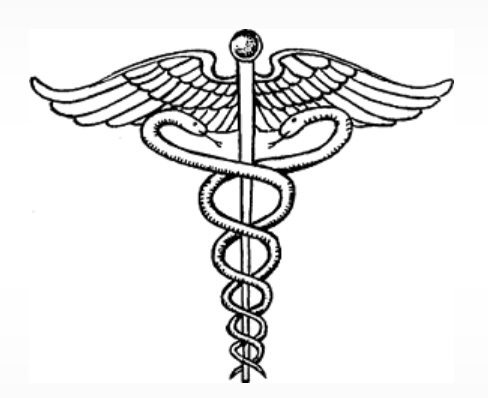One-size-fits-all medicine is ethically challenged – and bad medicine!
by Bruce O’Hara
June 19, 2023
Three cornerstone principles of individualized medical care have been tossed aside during the COVID pandemic:
1) Respect for each individual’s unique health needs.
Individualized medicine is both an ethical principle and a pragmatic precept.
The pragmatic part comes from the recognition that making treatment plans based on the particular strengths, needs, vulnerabilities and history of each patient generates better health outcomes.
It’s why most North Americans have a family doctor, and why that doctor typically takes a detailed medical history during their first session with a new patient – so that your medical care is tailored to fit your specific, individual needs.
2) Medical Autonomy
Individualized medicine puts the patient in charge. It is the patient, not the doctor who must live with the consequences of any medical treatment the patient receives. Therefore, the patient must be the final arbiter of whatever medical treatment they receive, even if those decisions run contrary to the advice of their physician. (Jehovah’s Witnesses have the right to refuse blood transfusions, for example.)
3) All Medical Altruism Must Be Voluntary
In the past, if a person lost both their kidneys in a car accident it was perfectly acceptable for the patient’s surgeon to beg and cajole relatives to donate a kidney. If the same surgeon sought a court order forcing a relative to donate a kidney, that would have been seen as an obvious violation of the would-be donor’s rights.
While public health officials were free to offer incentives to encourage the public to donate blood, forcing people to donate blood was considered to be unethical – even when blood supplies were at critical levels. Even with a medical procedure as innocuous as giving blood, the moral edge was that medicine could ask altruism of people, but not force it upon them.
In the past, even medical personnel were accorded the right to choose to be altruistic – or not. Though a health administrator was permitted to encourage – perhaps even badger – medical personnel to get the most current flu vaccine, there was a general consensus within medicine that it would be ethically improper to make taking the seasonal flu vaccine a prerequisite for continued employment.
Read More HERE


